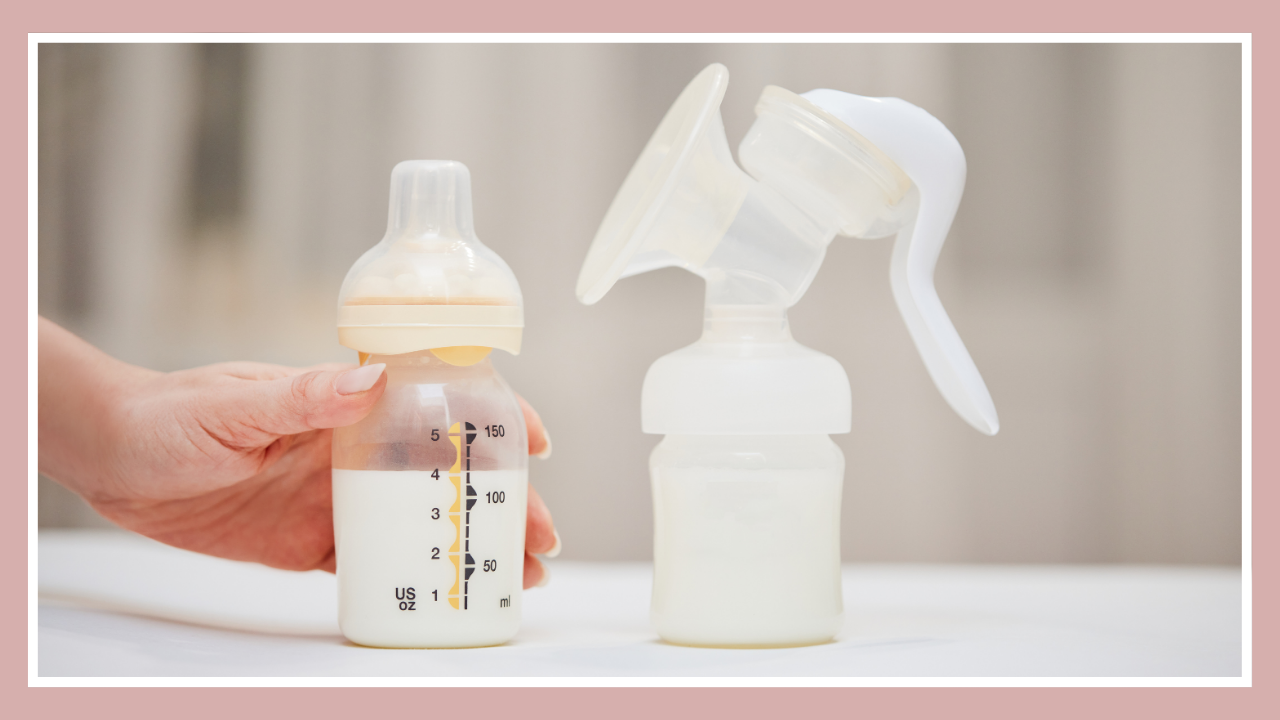
Postpartum Nutrition: 10 Essential Nutrients for New Moms
Aug 21, 2024As a new mother, you're likely focused on your baby's needs, but it's crucial to remember that your body needs proper nourishment too. Postpartum nutrition plays a vital role in your recovery and, if you're breastfeeding, in providing the best possible start for your little one. This comprehensive guide will explore the 10 essential nutrients every new mom should include in her diet for optimal health and well-being.
Why Postpartum Nutrition Matters
The postpartum period, also known as the "fourth trimester," is a time of significant physical and emotional changes. Your body is recovering from childbirth, adapting to new hormonal shifts, and potentially producing breast milk. Proper nutrition during this time can:
- Accelerate healing and recovery
- Support milk production for breastfeeding mothers
- Boost energy levels and combat fatigue
- Enhance mood and reduce the risk of postpartum depression
- Promote overall health and well-being
Now, let's dive into the 10 essential nutrients that should be part of every new mom's diet:
1. Iron
Iron is crucial for postpartum recovery, especially if you experience blood loss during delivery. This mineral helps form hemoglobin, which carries oxygen throughout your body. Low iron levels can lead to fatigue, weakness, and anemia.
Food sources: Lean meats, poultry, fish, beans, lentils, fortified cereals, and dark leafy greens.
Tip: Pair iron-rich foods with vitamin C sources to enhance absorption.
2. Calcium
Calcium is essential for maintaining strong bones and teeth for you and your breastfeeding baby. During pregnancy and breastfeeding, your body may draw from your calcium stores, making it crucial to replenish this mineral.
Food sources: Dairy products, fortified plant-based milk, leafy greens, sardines, and tofu.
Tip: Aim for 3-4 servings of calcium-rich foods daily.
3. Vitamin D
Often called the "sunshine vitamin," vitamin D works hand-in-hand with calcium to support bone health. It also plays a role in immune function and mood regulation, which is particularly important during the postpartum period.
Food sources: Fatty fish, egg yolks, fortified dairy products, and sunlight exposure.
Tip: Consider a vitamin D supplement, especially if you have limited sun exposure.
4. Omega-3 Fatty Acids
These essential fats are crucial for your baby's brain development and can help reduce the risk of postpartum depression. DHA, a type of omega-3, is particularly important for breastfeeding mothers.
Food sources: Fatty fish (salmon, sardines, mackerel), chia seeds, flaxseeds, and walnuts.
Tip: Aim for 2-3 servings of fatty fish per week or consider a high-quality fish oil supplement.
5. Protein
Protein is the building block of tissues and is essential for repair and recovery after childbirth. It also helps maintain muscle mass and supports milk production for breastfeeding mothers.
Food sources: Lean meats, poultry, fish, eggs, dairy, legumes, and plant-based proteins like tofu and tempeh.
Tip: Include a protein source with each meal and snack.
6. Folate (Vitamin B9)
While folate is often associated with pregnancy, it remains important during the postpartum period. It supports cell division, helps prevent anemia, and is crucial for your baby's ongoing development if you're breastfeeding.
Food sources: Leafy greens, citrus fruits, beans, and fortified grains.
Tip: Continue taking your prenatal vitamin, which typically includes folate, during the postpartum period.
7. Vitamin C
This antioxidant vitamin supports immune function, enhances iron absorption, and helps with wound healing – all essential for postpartum recovery.
Food sources: Citrus fruits, berries, kiwi, bell peppers, broccoli, and tomatoes.
Tip: Include a variety of colorful fruits and vegetables in your diet to ensure adequate vitamin C intake.
8. Zinc
Zinc plays a crucial role in immune function, wound healing, and DNA synthesis. It's particularly important for tissue repair after childbirth.
Food sources: Oysters, beef, pumpkin seeds, cashews, and chickpeas.
Tip: Combine zinc-rich foods with protein sources for optimal absorption.
9. Vitamin B12
This vitamin is essential for energy production, red blood cell formation, and nervous system function. It's significant for vegan and vegetarian mothers.
Food sources: Animal products such as meat, fish, eggs, and dairy. Plant-based sources include nutritional yeast and fortified foods.
Tip: If you follow a plant-based diet, consult with your healthcare provider about B12 supplementation.
10. Water
While not a nutrient per se, adequate hydration is crucial for postpartum recovery and milk production. Water helps regulate body temperature, transport nutrients, and flush out toxins.
Tip: Aim to drink at least 8-10 glasses of water daily, or more if you're breastfeeding.
Putting It All Together: A Sample Meal Plan
Here's a simple meal plan that incorporates these essential nutrients:
Breakfast: Whole grain toast with avocado and scrambled eggs, served with a side of berries.
Snack: Greek yogurt with chopped walnuts and a drizzle of honey.
Lunch: Grilled chicken salad with mixed greens, quinoa, chickpeas, and a lemon-olive oil dressing.
Snack: Sliced apple with almond butter.
Dinner: Baked salmon with roasted sweet potato and steamed broccoli.
Remember to listen to your body and eat when you're hungry. Breastfeeding mothers, in particular, may need additional calories to support milk production.
Proper nutrition during the postpartum period is a gift you give both yourself and your baby. By focusing on these 10 essential nutrients, you're setting the stage for a healthier recovery, successful breastfeeding (if you choose to do so), and overall well-being as you navigate the exciting journey of motherhood.
Always consult with your healthcare provider or a registered dietitian for personalized advice, especially if you have specific dietary concerns or restrictions. Here's to your health and happiness as a new mom!
Looking for More Postpartum Nutrition Support?
If you need additional guidance on nourishing foods to support your energy, mood, metabolism & milk supply, as well as balanced meal plans, recipes, snack ideas, guides on specific recommended amounts of each vitamin and mineral, and more, join us inside The Postpartum Shift program. It's loaded with resources to optimally fuel your body and feed your baby during this special time.







